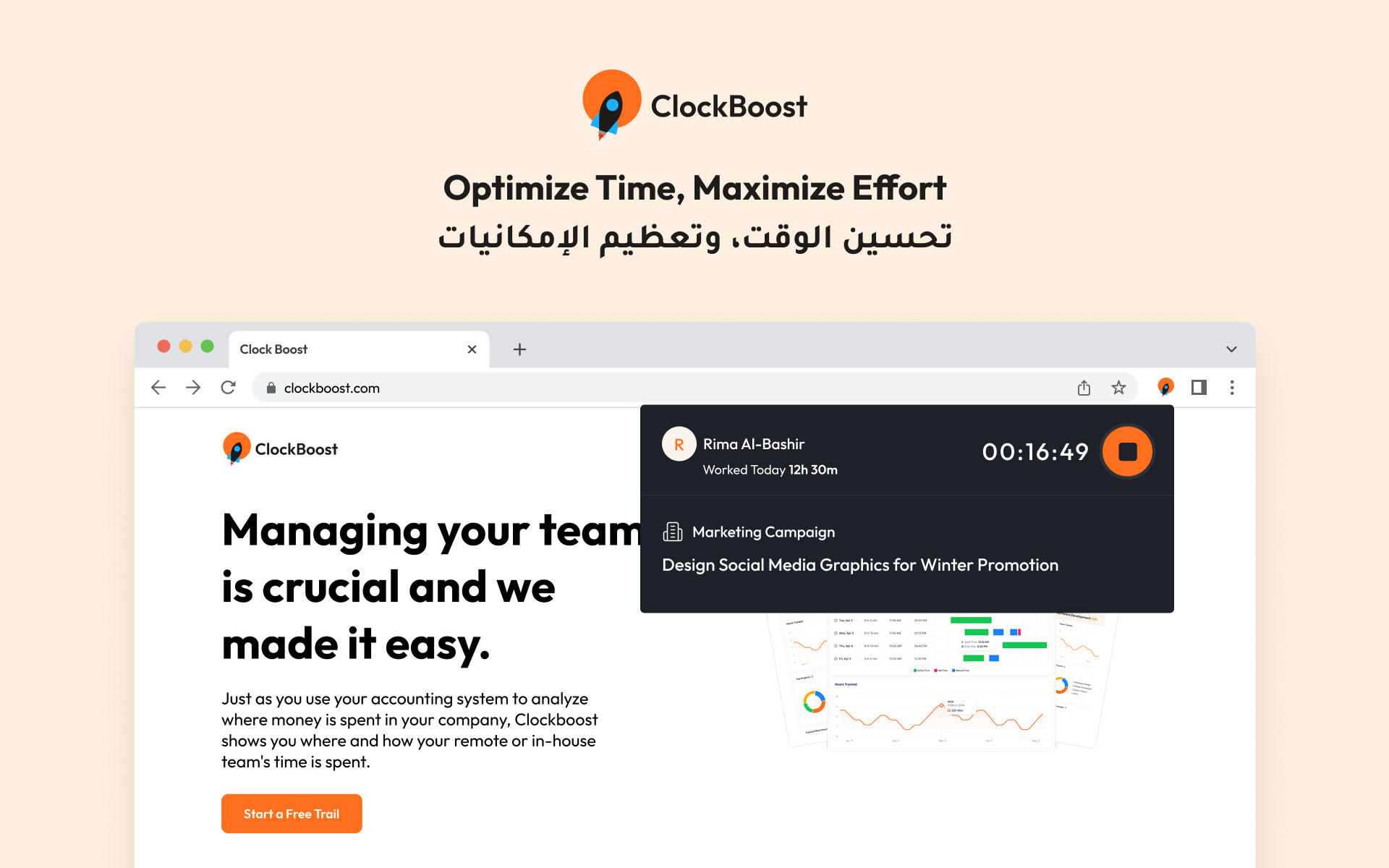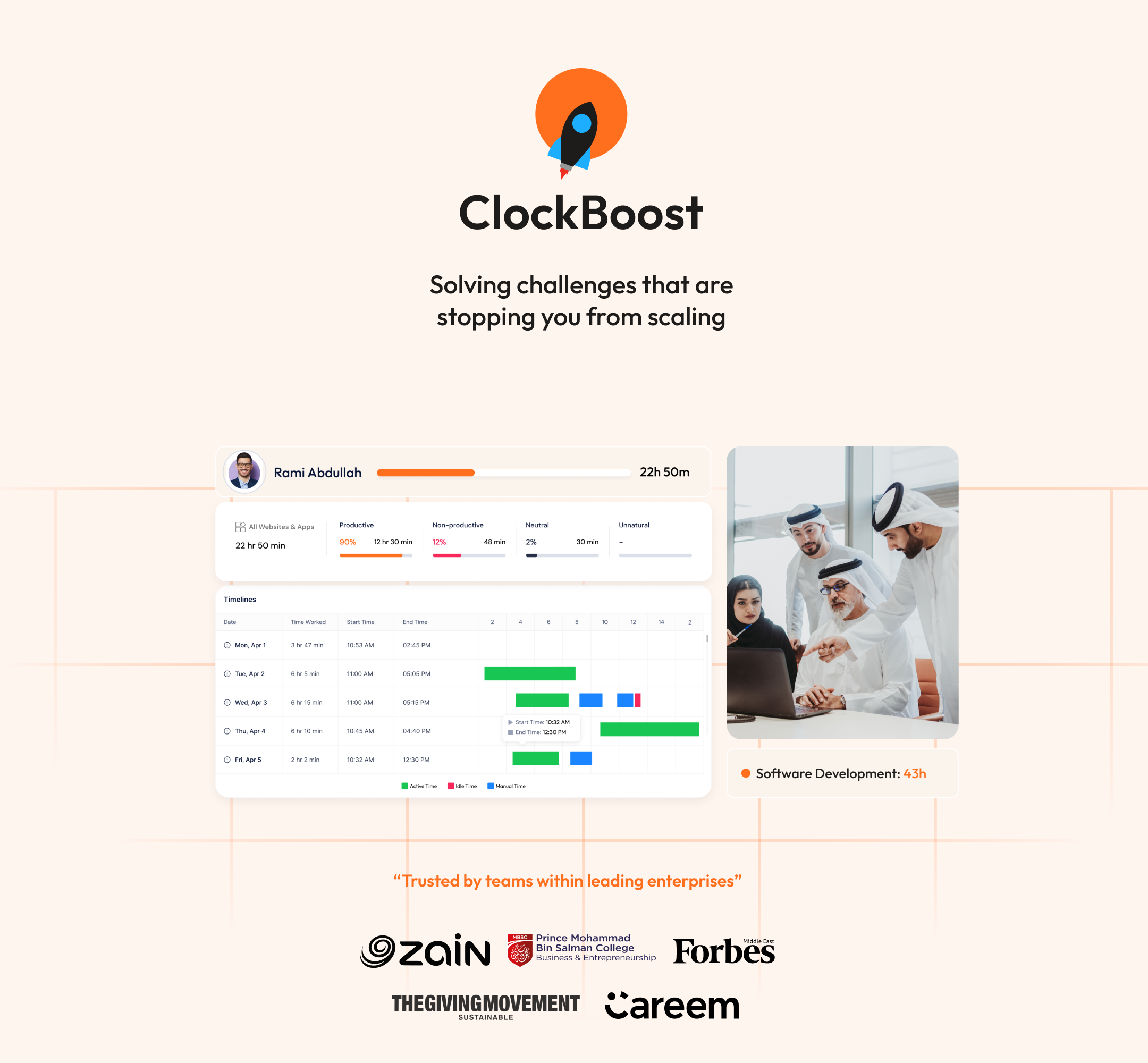
End-of-Service Benefits (ESB) in the MENA Region: A Strategic Guide for Modern Workforces
In today’s evolving workplace, End-of-Service Benefits (ESB) are more than just financial compensation—they are part of a broader shift toward employee-centric policies, in line with initiatives like Saudi Vision 2030 and similar workforce reforms across the Gulf.
Whether you're an HR leader, startup founder, or remote team manager, understanding ESB is critical for staying compliant, building trust, and aligning with the region's future of work.
What Are End-of-Service Benefits (ESB)?
End-of-Service Benefits (ESB) are a mandatory lump-sum payment that employees receive when their contract ends—whether by resignation, termination, retirement, or end of contract.
Unlike severance pay, ESB is not optional. It is legally required in most GCC and MENA countries, including Saudi Arabia, the UAE, Qatar, Oman, Bahrain, and Kuwait.
For businesses, managing ESB correctly isn’t just about compliance—it’s about building fair and transparent HR systems that support long-term employee wellbeing and help position your company as an employer of choice.
How Does ESB Align with Saudi Vision 2030?
As part of Saudi Vision 2030, the Kingdom is pushing for:
- Private sector growth
- Workforce nationalization (Saudization)
- Improved employee welfare and transparency
- A modernized labor market that attracts global talent
Proper management of End-of-Service Benefits is central to this transformation. By honoring ESB obligations, employers contribute to labor market stability, reduce legal risks, and support Saudi Arabia’s mission to create a vibrant, competitive, and fair workplace ecosystem.
ESB Calculation in Saudi Arabia
In Saudi Arabia, ESB is governed by Article 84 of the Saudi Labor Law. Here’s the basic formula:
Calculation Method:
- First 5 years of service: Half a month’s salary per year
- After 5 years: One full month’s salary per additional year
- Based on the last drawn basic salary, plus any fixed allowances specified in the contract
Eligibility by Reason for Leaving:
Reason for Leaving ESB Entitlement Termination by Employer | Full ESB
Resignation under 2 years | No ESB
Resignation between 2–5 years | One-third ESB
Resignation between 5–10 years | Two-thirds ESB
Resignation after 10 years | Full ESB
ESB Across the Gulf and MENA Region
Here’s a snapshot of ESB policies in neighboring countries:
CountryESB Rule SummaryUAE | 21 days' salary/year for first 5 years; 30 days/year after that (Federal Decree-Law No. 33 of 2021)
Qatar | 3 weeks' wages per year after completing 1 full year (Qatar Labor Law No. 14 of 2004)
Oman | 15 days’ wages/year for first 3 years; 30 days/year afterward (Article 39 of Omani Labor Law)
Bahrain | 15 days’ wages/year for the first 3 years; 30 days/year after that
Kuwait | 15 days' wages/year for first 5 years; 1 month/year after that
ESB vs Severance Pay: Know the Difference
End-of-Service Benefits (ESB)Severance Pay Mandatory by law | Optional (usually for redundancy or layoffs)
Paid at the end of service regardless of reason | Only paid in special circumstances
Calculated based on years of service | Negotiated case-by-case
Why ESB Is Crucial in Today’s MENA Work Landscape
The MENA region is undergoing HR and labor market modernization as part of larger economic visions like Saudi Vision 2030 and UAE Centennial 2071. ESB plays a vital role in:
- Employee Protection: Offering financial security during career transitions
- Retention Strategy: Encouraging long-term service with reward structures
- Legal Compliance: Avoiding labor disputes and maintaining business licenses
- Employer Branding: Demonstrating fair treatment for local and expat employees
For remote and hybrid teams, especially those using ClockBoost for productivity tracking, ESB management ties directly into transparent HR operations and payroll reporting.
ESB Compliance: What Happens If You Get It Wrong?
Failing to pay ESB properly can lead to:
- Labor court cases
- Financial penalties and fines
- Suspension of commercial licenses
- Reputational damage in the employer market
In Saudi Arabia, complaints can be filed with the Ministry of Human Resources and Social Development (HRSD). Other Gulf countries have similar enforcement bodies.
How ClockBoost Helps You Stay ESB Compliant
While ClockBoost is best known for time tracking and productivity analytics, our platform also helps HR teams:
✅ Track employee service periods automatically
✅ Export attendance and work history reports to simplify ESB calculations
✅ Integrate with payroll systems for smooth financial operations
✅ Ensure compliance with Saudi labor law and Gulf regulations
By combining workforce insights with legal compliance support, ClockBoost aligns HR processes with Vision 2030 goals of efficiency, transparency, and tech-driven management.
Common Questions About ESB
Q: Is ESB mandatory in Saudi Arabia?
A: Yes. ESB is legally required under Article 84 of the Saudi Labor Law.
Q: Do expats get ESB?
A: Yes, both Saudi nationals and expatriates are entitled to ESB under the law.
Q: Is ESB taxable?
A: No, ESB is tax-free in Saudi Arabia.
Q: How soon must ESB be paid?
A: Within 2 weeks of the employee’s last day.
Q: Is ESB part of the monthly salary?
A: No, it’s a separate lump-sum payout at the end of employment.
Final Thoughts: ESB as Part of the Future of Work
As the Gulf region moves toward more sustainable labor practices, ESB is no longer just an HR formality—it’s part of the strategic HR landscape. Companies that align their ESB processes with tools like ClockBoost position themselves for:
- Regulatory compliance
- Employee loyalty
- Workforce transparency
- Contribution to national economic visions like Saudi Vision 2030
Whether you manage a tech startup in Riyadh, a remote team in Dubai, or a SaaS company serving the Gulf, getting ESB right is part of building a modern, future-proof business.
Sources:
- Saudi Labor Law Article 84
- UAE Labor Law No. 33 of 2021
- Qatar Labor Law No. 14 of 2004
- Omani Labor Law Article 39
- Bahrain Labour Law
- Kuwait Labor Law































.png)

